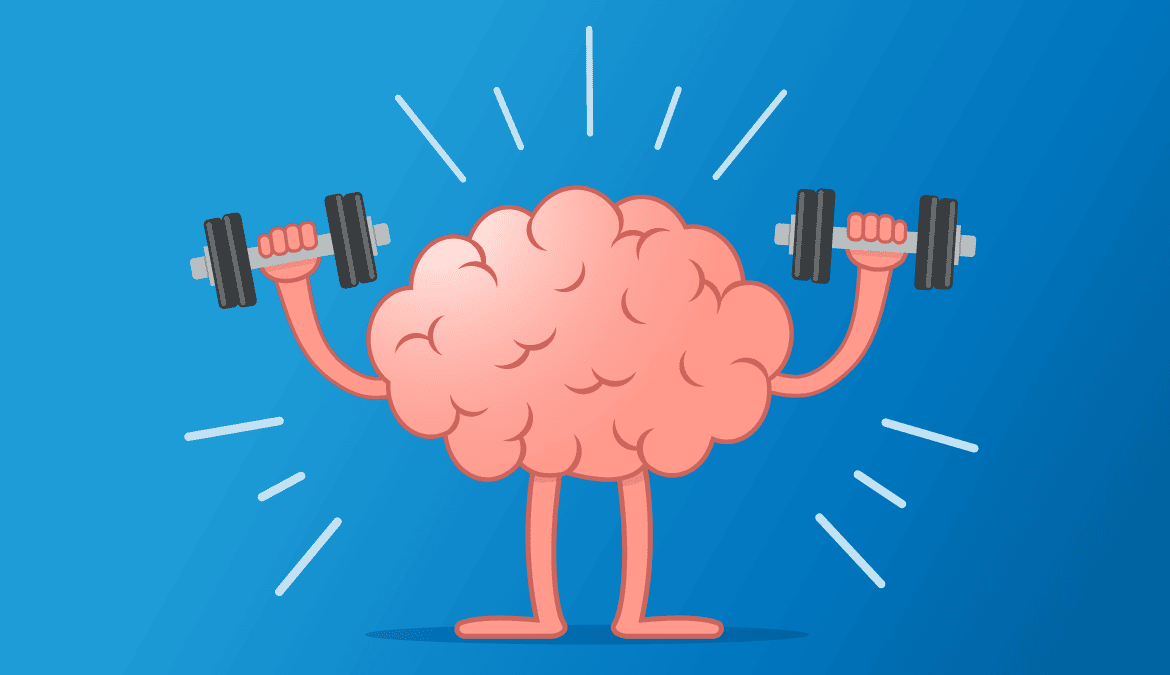Ever wondered why some days you feel on top of the world, while others leave you feeling like you’re wading through mental quicksand? It turns out, your body’s metabolic health could be the silent architect behind these fluctuations in mood and cognitive function. Let’s delve into how your metabolic health affects your mental state.
Understanding Metabolic Health

Metabolic health refers to the optimal functioning of various biochemical processes in the body that regulate blood sugar, cholesterol, triglycerides, and blood pressure. When these processes are balanced, they contribute to overall physical health and reduce the risk of chronic illnesses. Conversely, poor metabolic health, characterized by conditions such as insulin resistance, obesity, and dyslipidemia, can lead to a host of physical and mental health issues.
The Science Behind Metabolic Health and Mental Health
Metabolism involves the conversion of nutrients from food into energy and essential molecules needed for growth, repair, and maintenance of the body’s tissues and organs. These biochemical reactions impact our mental health in various ways. Here are some key connections between metabolic health and mental health:
1. Inflammation
Chronic inflammation is a key player in the relationship between metabolic and mental health. Metabolic disorders often lead to a state of chronic low-grade inflammation, which can extend to the brain. This neuroinflammation disrupts the normal functioning of neurotransmitter chemicals that transmit signals in the brain, contributing to mental health disorders like depression and anxiety. Studies have found elevated levels of inflammatory markers in individuals with these conditions, suggesting a direct link between inflammation and mental health.
2. Blood Sugar Swings
Glucose is the brain’s primary energy source. Stable blood sugar levels are essential for maintaining cognitive function and mood stability. Poor metabolic health, characterized by insulin resistance and erratic blood sugar levels, can lead to significant brain energy deficits. These fluctuations can cause symptoms such as irritability, mood swings, and cognitive impairments. Chronic high blood sugar can also damage blood vessels, affecting brain blood flow and further impairing cognitive function. Insulin resistance is a hallmark of metabolic syndrome and a precursor to type 2 diabetes. The brain relies on insulin for the regulation of neurotransmitters and brain cell survival.
3. Insulin Resistance
Insulin resistance impairs the regulation of neurotransmitters and brain cell survival, leading to cognitive decline and increasing the risk of neurodegenerative diseases like Alzheimer’s. Research has highlighted the role of insulin signaling in the brain, linking poor insulin sensitivity to memory loss and other cognitive impairments.
4. Gut and Brain
The gut-brain axis represents the bidirectional communication between the gastrointestinal tract and the brain. Poor metabolic health often results in an imbalance in gut microbiota known as dysbiosis, which can influence brain function and behavior. This connection is mediated through several pathways, including the vagus nerve, immune system, and metabolic products of gut bacteria. Dysbiosis has been associated with mental health disorders such as depression, anxiety, and even autism spectrum disorders.
How to Improve Metabolic Health for Better Mental Health

Improving your metabolic health can have a profound impact on your mental well-being. Here are some strategies to tackle this issue:
1. Balanced Diet
A diet rich in whole foods, including fruits, vegetables, whole grains, lean proteins, and healthy fats, can stabilize blood sugar levels and reduce inflammation. Incorporating foods high in antioxidants and omega-3 fatty acids, such as berries, leafy greens, and fatty fish, can support brain health and reduce inflammation.
2. Physical Activity
Regular physical activity improves insulin sensitivity, reduces inflammation, and boosts endorphin levels, acting as a natural antidepressant. Aim for at least 30 minutes of moderate exercise most days of the week.
3. Quality Sleep
Prioritize sleep by maintaining a consistent sleep schedule, creating a restful environment, and avoiding stimulants like caffeine close to bedtime. Quality sleep is crucial for both metabolic and mental health.
4. Stress Management
Techniques such as meditation, deep breathing exercises, and yoga can reduce stress levels and improve overall mental health. Cognitive-behavioral therapy (CBT) and other forms of counseling can also help manage chronic stress and mental health disorders.
Conclusion
Your body’s metabolism is like the conductor of a vibrant orchestra, influencing how you feel and think every day. By understanding and addressing the underlying metabolic issues, we can take significant steps towards improving mental well-being. A balanced approach that includes proper nutrition, regular physical activity, quality sleep, and effective stress management can pave the way for a healthier mind and body. Investing in your metabolic health is not just about preventing physical diseases; it’s about fostering a balanced, vibrant mental state.

